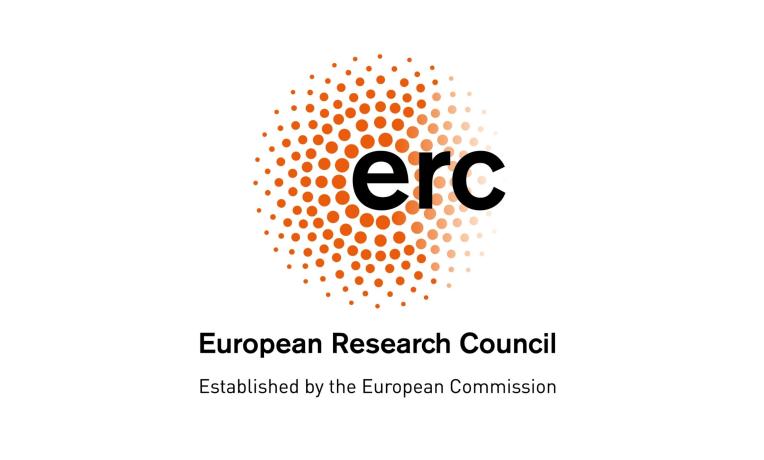
The selected projects cover a variety of topics. For example, Prof Philip Howard and his team at the University of Oxford will create an online tool to assess suspicious social media accounts and counter fake news. Other grantees also aim to bring their frontier research discoveries closer to practical application by for instance fabricating flexible organic light-emitting diodes or developing technology to produce drugs for immunity disorders.
Proof of Concept grants, worth €150,000 each and open to ERC grant holders, can be used, for example, to establish intellectual property rights, investigate business opportunities or conduct technical validation. The grantees can apply for funding in three rounds of the call. The results of the first round of the 2017 call were announced today
The grantees are based in Belgium, Bulgaria, Denmark, France, Germany, Ireland, Israel, Netherlands, Portugal, Slovenia, Spain, Switzerland and UK. The budget of the overall 2017 Proof of Concept competition is €20 million. In this first round, the ERC evaluated 107 applications for grants.
Background
The European Research Council, set up by the European Union in 2007, is the first European funding organisation for excellent frontier research. It offers three core grant schemes: Starting, Consolidator and Advanced. Every year, it selects and funds the very best, creative researchers of any nationality and age, to run projects based in Europe. The ERC also strives to attract top researchers from anywhere in the world to come to Europe. To date, the ERC has funded nearly 7,000 top researchers at various stages of their careers. With its Proof of Concept grant scheme, the ERC helps grantees to bridge the gap between their pioneering research and early phases of its commercialisation.
The ERC is led by an independent governing body, the Scientific Council. The ERC President is Professor Jean-Pierre Bourguignon. The ERC has a budget of over €13 billion for the years 2014 to 2020 and is part of the EU research and innovation programme, Horizon 2020, for which European Commissioner for Research, Innovation and Science Carlos Moedas is responsible.

